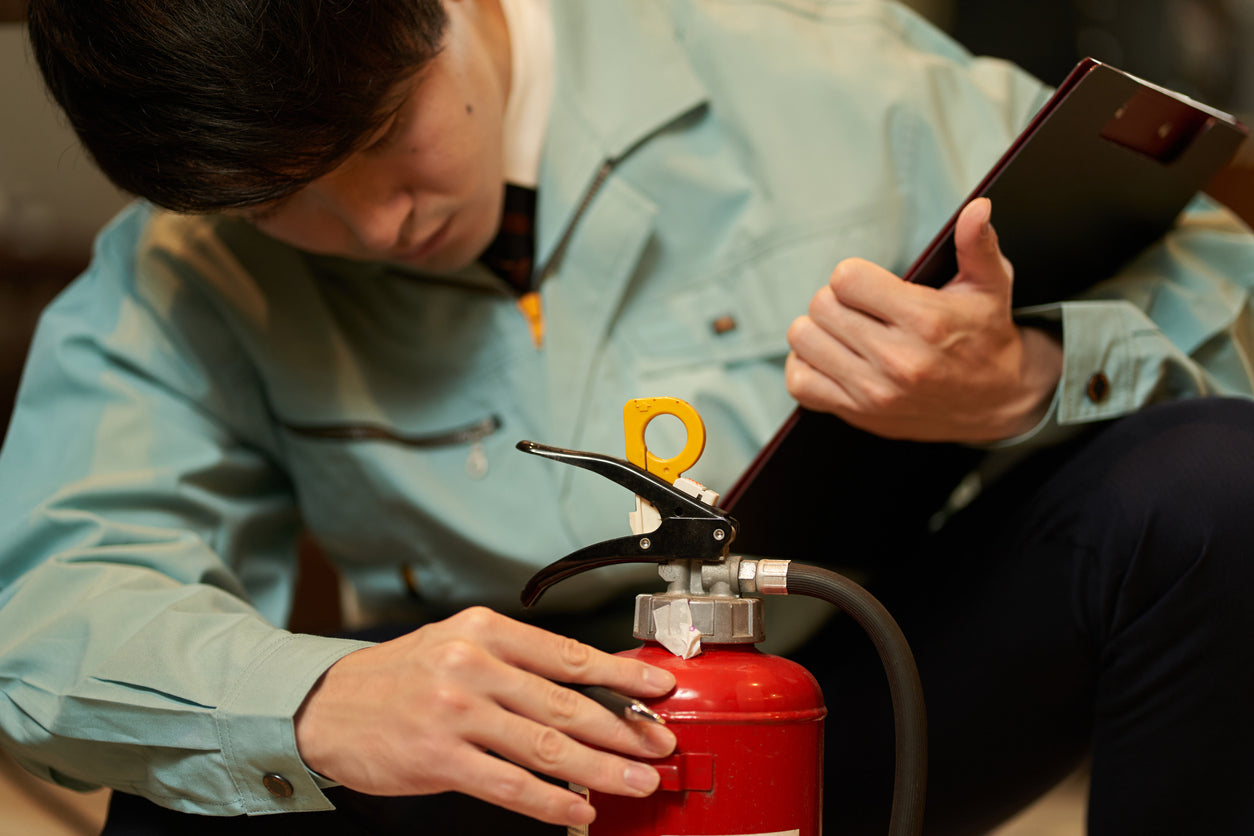Introduction
When it comes to protecting sensitive electrical equipment from fire hazards, the standards set by organizations like ANSI (American National Standards Institute) and FM Global play a crucial role. One such standard is ANSI/FM 4950. This article will explain what ANSI/FM 4950 is, why it is important, and how it applies to fire extinguishing systems for electrical equipment.
What is ANSI/FM 4950?
ANSI/FM 4950 is a standard that specifies the requirements for fire extinguishing systems designed to protect electrical equipment, particularly in environments where traditional fire suppression methods might not be suitable. This standard is jointly developed by ANSI and FM Global, a leading property insurance and loss prevention engineering organization.
Key Components of ANSI/FM 4950
1. Scope
ANSI/FM 4950 covers fire extinguishing agents and systems that are specifically designed to protect electrical equipment. This includes systems using clean agents, such as halocarbons and inert gases, which are non-conductive and leave no residue.
2. Performance Requirements
The standard sets forth rigorous performance requirements for fire extinguishing systems. These include:
- Effectiveness: The system must effectively extinguish fires without damaging the electrical equipment.
- Speed: The system must act quickly to minimize fire damage and downtime.
- Non-Conductivity: The extinguishing agent must be non-conductive to prevent short-circuits and other electrical hazards.
3. Testing and Certification
Systems and agents must undergo extensive testing to ensure they meet the standards outlined in ANSI/FM 4950. This includes fire tests, environmental tests, and material compatibility tests. Once a system passes these tests, it receives certification indicating compliance with ANSI/FM 4950.
Importance of ANSI/FM 4950
1. Enhanced Safety
ANSI/FM 4950-compliant systems provide a high level of protection for sensitive electrical equipment, reducing the risk of fire-related damage and ensuring the safety of both the equipment and personnel.
2. Minimized Downtime
By using non-damaging extinguishing agents, these systems help minimize downtime caused by fire incidents. This is crucial in industries where continuous operation of electrical equipment is vital.
3. Compliance and Insurance Benefits
Many insurance companies recognize ANSI/FM 4950 certification as a mark of reliability and effectiveness. Having a compliant fire extinguishing system can lead to lower insurance premiums and better terms.
4. Environmental Considerations
The standard promotes the use of clean agents that are environmentally friendly. This is important in today’s regulatory environment, where there is a growing emphasis on sustainability and reducing environmental impact.
Applications of ANSI/FM 4950
1. Data Centers
Data centers house critical IT infrastructure that must be protected from fire without risking damage to servers and networking equipment. ANSI/FM 4950-compliant systems are ideal for these environments.
2. Telecommunications Facilities
Telecom equipment, often operating in remote or unmanned locations, requires reliable fire protection to ensure uninterrupted service.
3. Industrial Control Rooms
Control rooms in industrial settings contain essential monitoring and control systems. Fire protection in these areas is vital to maintaining safety and operational efficiency.
4. Medical Facilities
Hospitals and laboratories use sensitive electronic equipment that must be protected from fire hazards without disrupting essential services.
Conclusion
ANSI/FM 4950 is a critical standard for fire extinguishing systems designed to protect electrical equipment. By ensuring these systems are effective, non-damaging, and environmentally friendly, ANSI/FM 4950 helps safeguard critical infrastructure, enhance safety, and reduce operational downtime. Whether in data centers, telecom facilities, industrial control rooms, or medical facilities, compliance with ANSI/FM 4950 is essential for robust fire protection and peace of mind.

